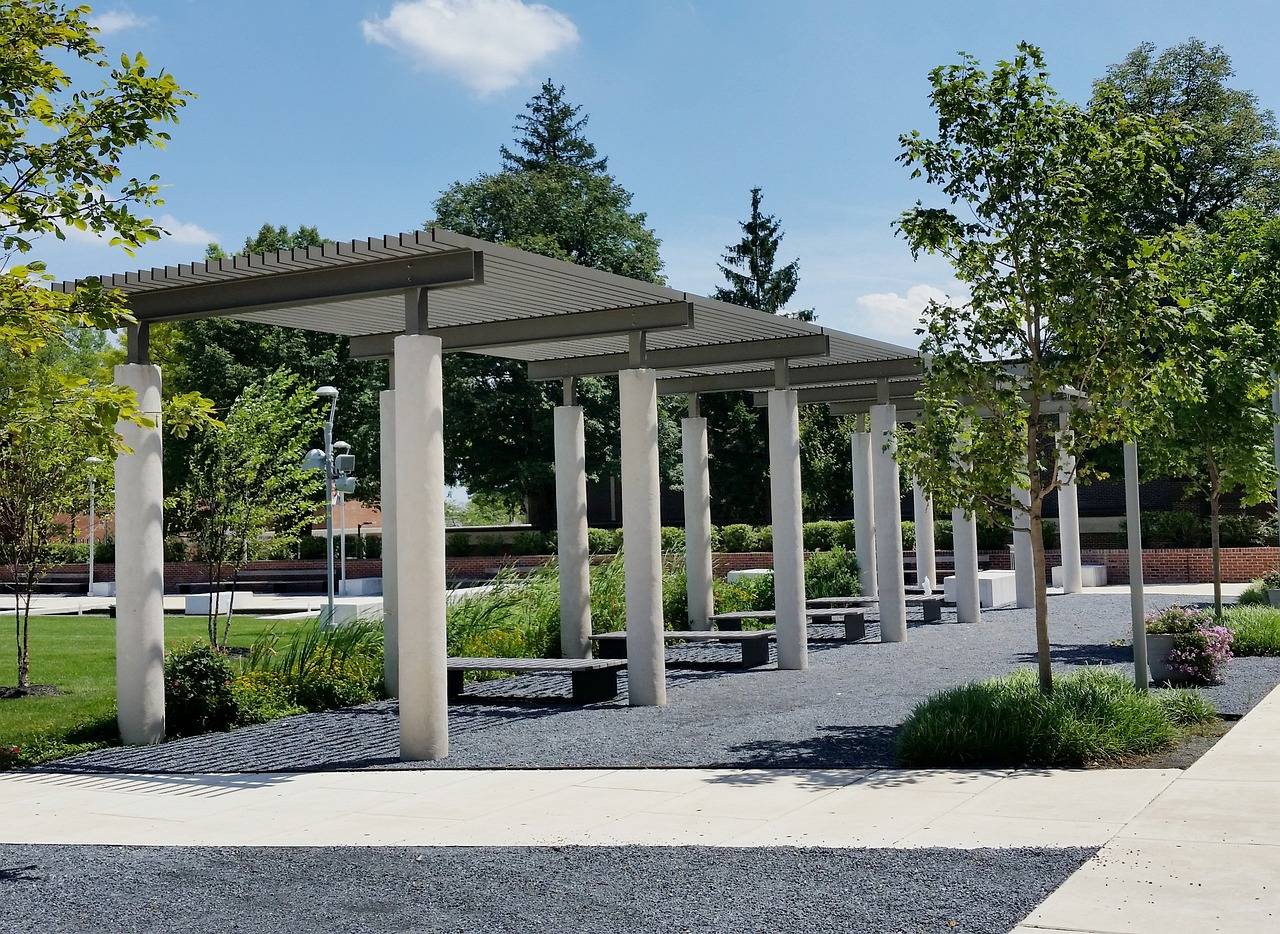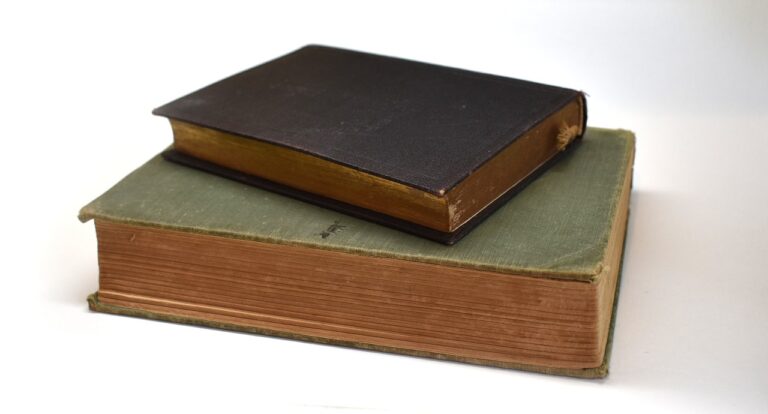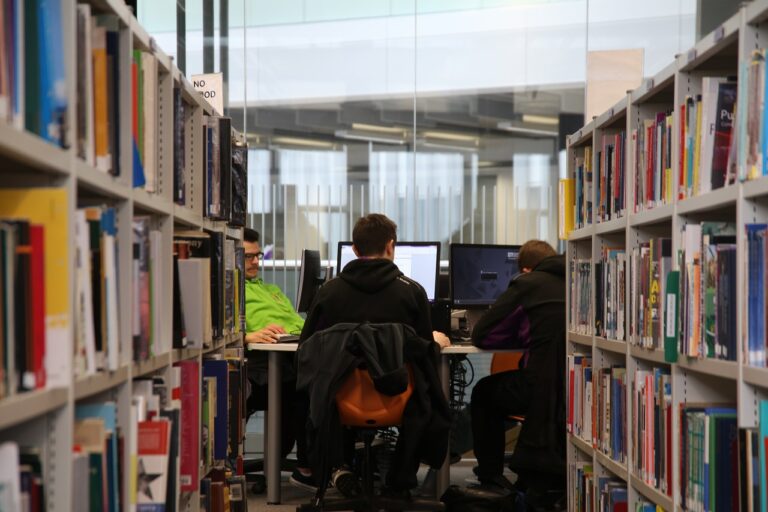Addressing Bias in College and Career Counseling Services
Bias in counseling services can manifest in various forms, influencing the quality of care and support provided to individuals seeking help. It is crucial to recognize that biases can be unconscious and unintentional, stemming from personal beliefs, cultural norms, or societal influences. These biases may impact the counselor’s ability to offer unbiased guidance and create a safe and inclusive environment for clients.
One of the key indicators of bias in counseling services is the differential treatment of clients based on their characteristics such as race, gender, sexual orientation, or socioeconomic status. Counselors may unknowingly favor or discriminate against certain individuals, leading to unequal opportunities and outcomes in the counseling process. Recognizing and addressing these biases is essential to ensure that all clients receive fair and equitable treatment during their counseling sessions.
Understanding the Impact of Bias on College and Career Guidance
Bias in college and career guidance can have far-reaching consequences on individuals seeking direction for their future. When counselors allow their personal biases to influence their recommendations, it can lead to limited opportunities for students based on factors that have nothing to do with their abilities or aspirations.
Students from minority or underrepresented backgrounds are particularly vulnerable to the impact of bias in college and career guidance. When counselors fail to provide equitable support and resources to all students, it perpetuates existing disparities in access to higher education and professional opportunities. This highlights the importance of recognizing and addressing bias in counseling services to ensure that all individuals have equal access to the guidance they need to succeed in their educational and career pursuits.
How can bias impact college and career guidance?
Bias can influence the advice and recommendations given to students, potentially leading them towards or away from certain paths based on subjective factors rather than objective criteria.
How can bias be identified in counseling services?
Bias can be identified through examining patterns of advice given to different students, looking for disparities in opportunities offered, and addressing any potential stereotypes or prejudices held by counselors.
What can be done to address bias in college and career guidance?
To address bias, counselors should undergo training on cultural competency and awareness, regularly reflect on their own biases, strive to provide equitable opportunities for all students, and actively work towards creating an inclusive and unbiased counseling environment.






